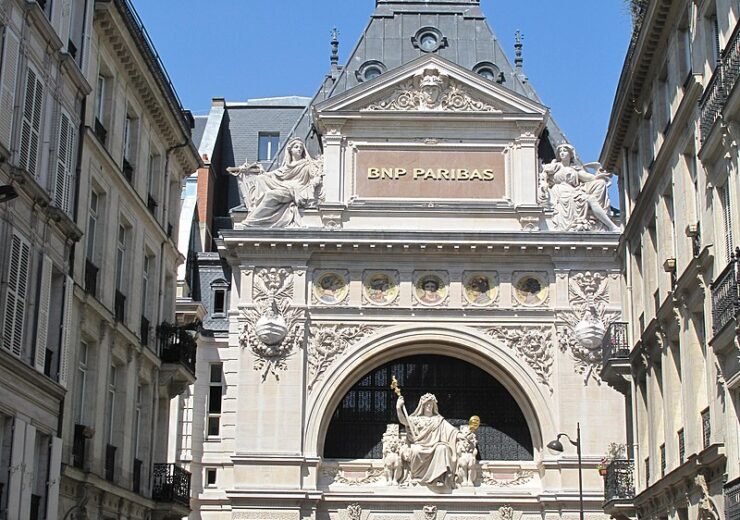BNP Paribas joins a growing number of European lenders that are withdrawing from Russia, amid strict sanctions imposed against the country

BNP Paribas central office buildings. (Credit: Tangopaso/Wikipedia)
French lender BNP Paribas is planning to halt new business activities in Russia, as European lenders wind down their local operations amid the country’s invasion of Ukraine.
The bank has informed its corporate clients in Russia about the closing of all operations at its local unit in the country from the end of this month.
The lender previously announced that it would refrain from providing new financing in the country and postponed its investor day until the summer.
BNP Paribas has been operating in Russia for more than four decades and has started its corporate, SME and retail operations in Moscow in March 2008.
In Russia, the bank offers mortgages, personal loans, auto loans, deposit accounts and banking cards, along with trade services and loan solutions for SME and corporate clients.
Its total exposure to Russia amounts to nearly €1.3bn ($1.4bn) at the end of December.
With the move, BNP Paribas joins a growing number of European lenders that are withdrawing from Russia, amid strict sanctions imposed against the country.
Abiding by the sanctions, US-based payment card companies Visa, Mastercard, and American Express (Amex) have blocked Russian financial institutions from their network.
Goldman Sachs and JPMorgan Chase have announced the winding down of their business in Russia, which pressurised their rival lenders.
In the last few weeks, banks including Deutsche Bank, Commerzbank, MoneyGram International, Citigroup halted their operations in Russia.
Raiffeisen Bank International, which is the most exposed European bank to Russia and Ukraine, has stopped the payment of its dividend due to the impact of sanctions.
French financial services company Societe Generale, which also has €18.6bn exposure to Russia, is seeking to reduce its risk in the country.
The lender claimed that it has an adequate buffer to mitigate the outcome of a potential extreme situation, where it may be stripped of property rights to its assets in Russia.
